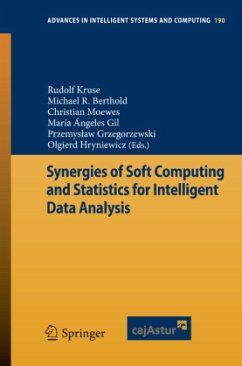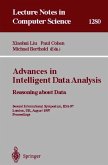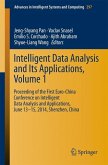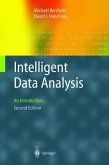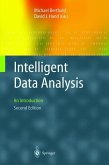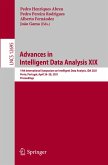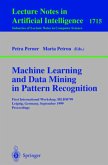In recent years there has been a growing interest to extend classical methods for data analysis.
The aim is to allow a more flexible modeling of phenomena such as uncertainty, imprecision or ignorance.
Such extensions of classical probability theory and statistics are useful in many real-life situations, since uncertainties in data are not only present in the form of randomness --- various types of incomplete or subjective information have to be handled.
About twelve years ago the idea of strengthening the dialogue between the various research communities in the field of data analysis was born and resulted in the International Conference Series on Soft Methods in Probability and Statistics (SMPS).
This book gathers contributions presented at the SMPS'2012 held in Konstanz, Germany. Its aim is to present recent results illustrating new trends in intelligent data analysis.
It gives a comprehensive overview of current research into the fusion of soft computingmethods with probability and statistics.
Synergies of both fields might improve intelligent data analysis methods in terms of robustness to noise and applicability to larger datasets, while being able to efficiently obtain understandable solutions of real-world problems.
The aim is to allow a more flexible modeling of phenomena such as uncertainty, imprecision or ignorance.
Such extensions of classical probability theory and statistics are useful in many real-life situations, since uncertainties in data are not only present in the form of randomness --- various types of incomplete or subjective information have to be handled.
About twelve years ago the idea of strengthening the dialogue between the various research communities in the field of data analysis was born and resulted in the International Conference Series on Soft Methods in Probability and Statistics (SMPS).
This book gathers contributions presented at the SMPS'2012 held in Konstanz, Germany. Its aim is to present recent results illustrating new trends in intelligent data analysis.
It gives a comprehensive overview of current research into the fusion of soft computingmethods with probability and statistics.
Synergies of both fields might improve intelligent data analysis methods in terms of robustness to noise and applicability to larger datasets, while being able to efficiently obtain understandable solutions of real-world problems.

